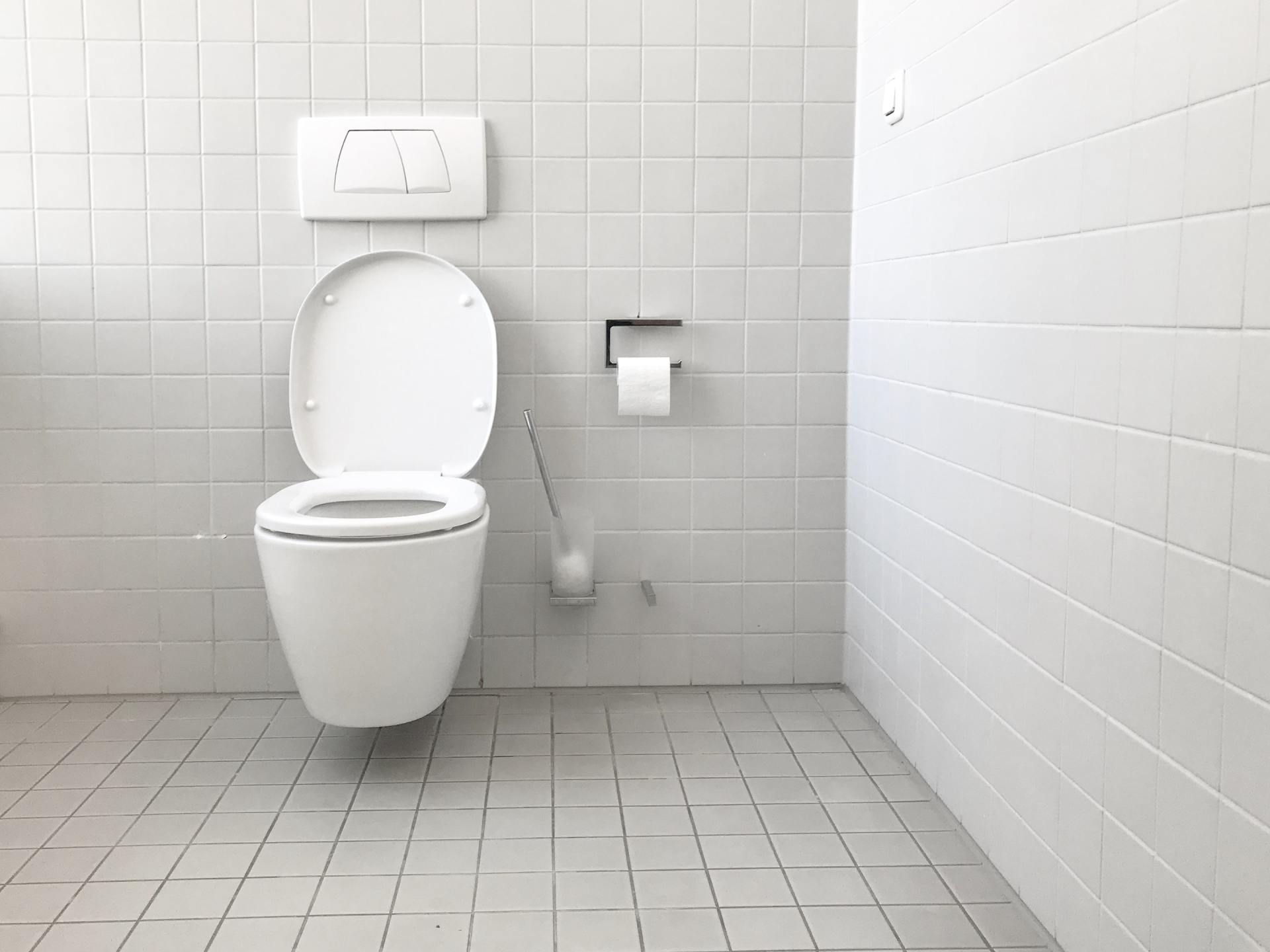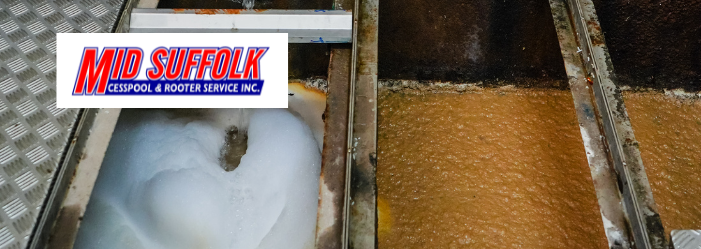What Happens to Your Cesspool During the Holidays?
November 11, 2022
With the holiday season upon us once again, we all look forward to spreading some hearty cheer! After a very challenging year, it’s time to reflect on our blessings and spend time at home with our families. However, if you’re not careful, or you don’t plan ahead, you can be in for a rather messy time afterwards.

With the holiday season upon us once again, we all look forward to spreading some hearty cheer! After a very challenging year, it’s time to reflect on our blessings and spend time at home with our families. However, if you’re not careful, or you don’t plan ahead, you can be in for a rather messy time afterwards. And we don’t mean a mess of wrapping paper and bows! Read on to find out how your cesspool can be strained by more people staying at home during the holidays.
What Is a Cesspool?
A cesspool is an underground stone or concrete container that stores your wastewater. Every time you flush the toilet, this is where it goes. Over time, a cesspool releases the wastewater into the surrounding soil. Unlike a septic tank, it lacks a filtration system and needs to be pumped regularly.
You only see cesspools in houses that aren’t connected to the sewer system or are too close to a body of water.
Under normal circumstances, this isn’t a problem. The size of your cesspool depends on your house and the average time between pumping is around three to six weeks. This is dependent on the number of people creating new wastewater.
For example, the size of a cesspool is usually determined by the number of bedrooms. For two people, it’ll be smaller, while a larger cesspool is needed for a household of ten members. But what happens when ten people contribute wastewater to a cesspool made for two?
That’s where things get messy.
How Is This a Problem?
When you have people over for the holiday weekend, it puts some definite strain on your cesspool. You’re indoors, making merry. Maybe Uncle Hob is telling you his favorite story. During this, your cousin excuses herself to go to the toilet. When she flushes, the cesspool overflows. Sewage, sewage everywhere.
Your cesspool can only hold so much sewage. If you don’t clear it out before you’re expecting a lot of people over for an extended period, you run the risk of it overflowing. Your cesspool is a container. Not only does it store wastewater, but also gas.
When it overflows, this combined force of gas and water goes everywhere and, in case of a backup, into your house. Embarrassing times with family is nothing new, but this particularly stinky situation is best avoided.
Overflows usually lead to cracked walls and punctures, resulting in external leaks. This makes the waste spill into your surroundings.
What Should I Do to Prevent This?
The best thing you can do to prevent overflows is to keep your cesspool clean. Instead of lifting the lid to check and letting noxious gas escape, you can install an alarm that warns you when the cesspool is at a certain capacity.
Be proactive. Contact us and get your cesspool cleaned out before the holiday season takes over!

Cesspool septic systems are built to last, but sometimes they can run into issues, especially if they aren’t pumped every few years. If you are noticing signs of a cesspool emergency, such as water coming back up through the drains in your house, it’s important to know what to do (and what not to do).

It’s summertime… the weather is hot, the air is humid, and severe thunderstorms are rolling across the nation. Perhaps your septic maintenance is the last thing on your mind. If so, we’d like to change that! With the extra humidity and rainfall that occurs in the summer, you need to make sure your septic system is in good condition. Otherwise, you risk getting into a very stinky situation.
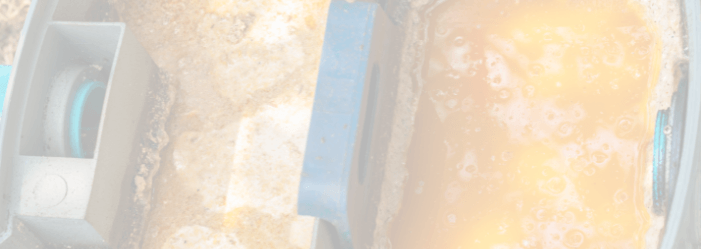
Grease traps are an important part of any business offering food, baked goods, or related services. When working in the food industry, whether you’re a restaurant or bakery owner, you deal with many fats and oils. Grease traps may be standard equipment there to help you stop grease in your wastewater, but it has a lot of importance to your business.

When your home has a septic tank, it’s crucially important to keep on top of routine maintenance. Otherwise, you run the risk of contamination and water damage. If the tank is not well looked after, you could end up having to pay a hefty price later down the line to fix any problems that come up.
But sometimes, even in spite of our best efforts, problems do arise. That said, you should learn how to identify common septic emergencies early on so that you can catch them before they become a major problem.
So, what is a septic emergency, and how can you spot them? If you want to find out, then read on

Bath bombs have long been a popular way of sprucing up your soak. Perhaps you received some bath bombs for Valentine’s Day, perhaps they were a birthday gift, or perhaps you just had a long week at work and decided to treat yourself. But before you fill up that tub, it might be worth considering what bath bombs could do to your plumbing.
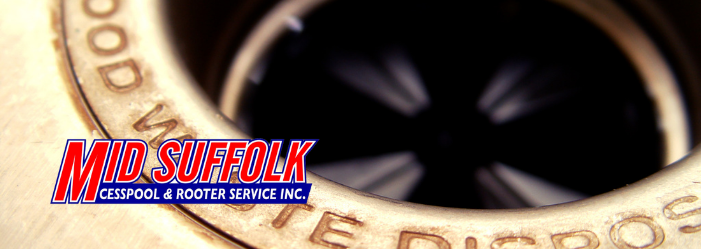
Having any plumbing problem at all is usually unpleasant, mainly because it happens at the least unexpected time. But it becomes even more frustrating when you accidentally cause the problem with your own two hands.
We all know that you’re not supposed to pour grease down the drain — but did you know that there are lots of cleaning products that are bad for your drain as well? If you want to avoid blocking your drain with the wrong cleaning solutions, read on!
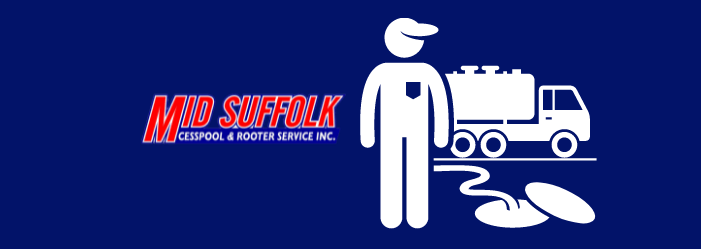
It’s becoming more common to invest in “smart” appliances - from voice-powered vacuums to fridges that track your foods’ expiration dates. But did you know that “smart” septic systems also exist?
While they may not be as trendy as other advanced appliances, an advanced treatment unit can bring your septic system to a whole new level! Read on to learn about such systems can be of benefit.
Why Choose Advanced Treatment.


